
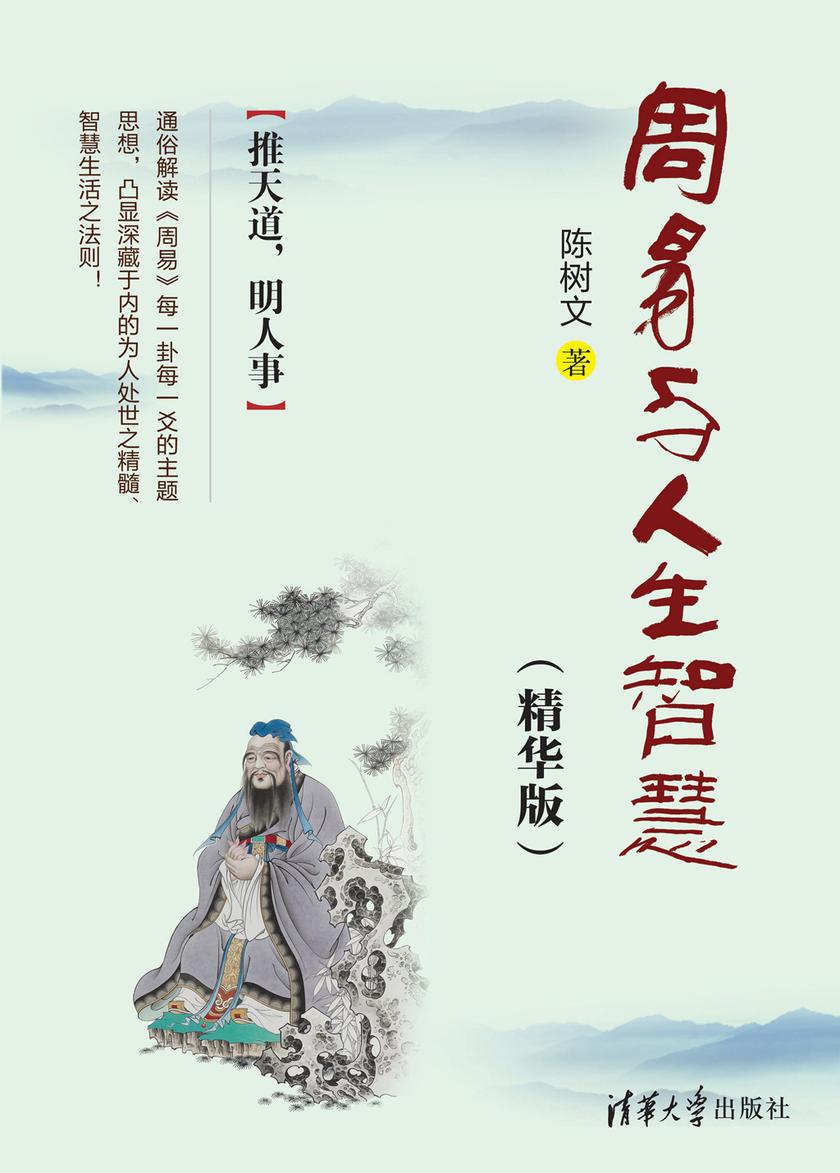
周易与人生智慧(精华版)
¥17.99
《周易》是我国一部重要的经典文献,为中国文化提供了丰富的精神资源,包含着珍贵的人生智慧。本书从卦象符号直读入手,通俗解读《周易》,结合历史与现实,对经义的深层内涵与广义外延充分加以挖掘和拓展,以凸显《周易》中深藏于内的为人处世之精髓、智慧生活之法则。 本书寓深于浅,微言大义。适于党政机关的领导者、企业中高层管理者,以及追求卓越的各阶层人士阅读。一书在手,智慧拥有,终生受益!

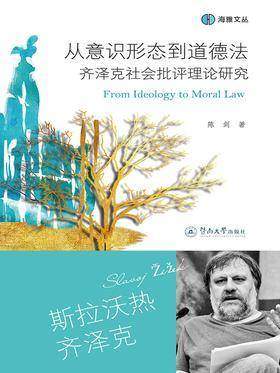
海雅文丛·从意识形态到道德法—齐泽克社会批评理论研究
¥17.99
本书为广东省哲学社会科学规划项目“齐泽克后现代主义文艺批评研究”和广东海洋大学科研启动资助项目“齐泽克哲学理论的文学阐释研究”的研究成果。近年来,斯洛文尼亚左翼思想家齐泽克的理论与批评实践引起了中国学界的高度重视。国内学者主要致力于对他进行马克思主义的阐释,本书则从意识形态和法权批评入手,通过梳理齐泽克的思想谱系,回顾从康德、黑格尔、马克思到弗洛伊德、拉康诸位西方思想家的相应理论建构,挖掘齐泽克表面庞杂的理论深处所蕴含的道德哲学与新人本主义闪光。本书在解读齐泽克思想的同时贯穿着坚定的马克思主义立场与辩证思维,对齐泽克研究及西方哲学研究有一定参考价值。

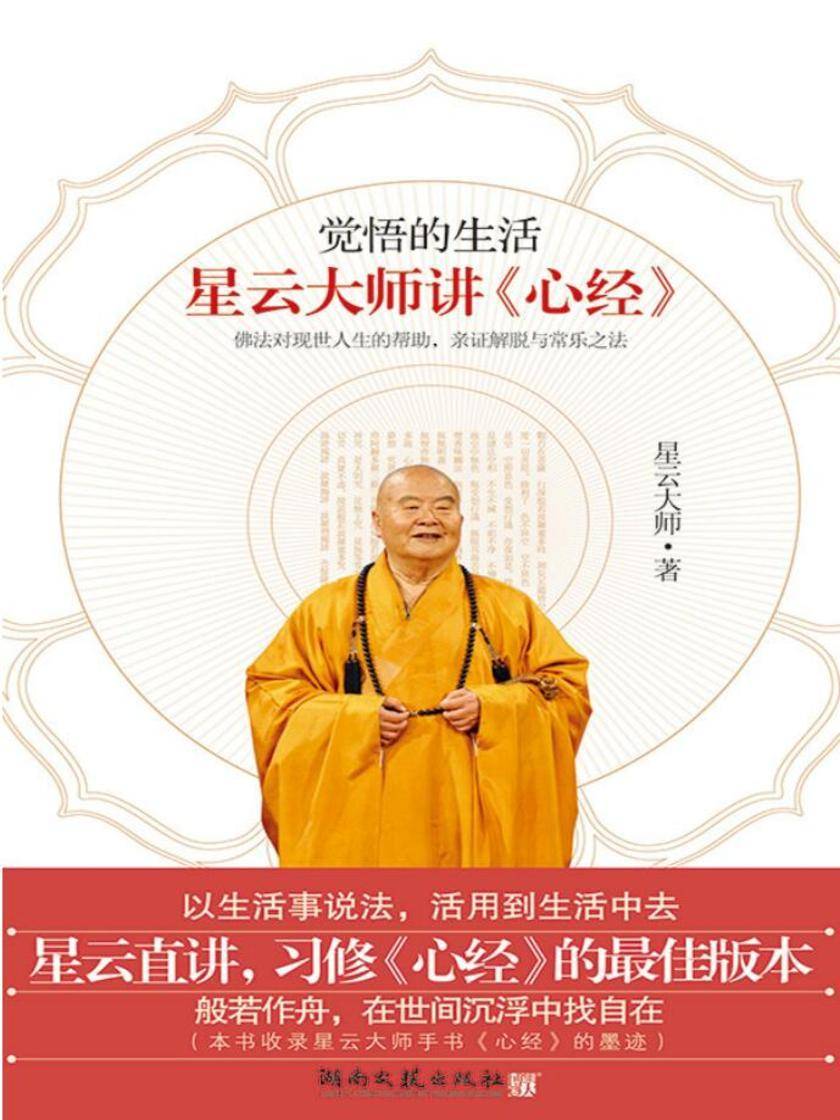
觉悟的生活:星云大师说《心经》
¥17.99
什么是比知识、智能更高的状态?心如何才能自由自在?人如何通达生死而出于生死?种种我们面对生命的处境和疑惑,《心经》都有核心深的解答。星云大师讲《心经》,透过一则又一则生动的故事,以及佛法的真义,让我们了解《心经》、活用《心经》,在生活中成就本然、美好的生命。

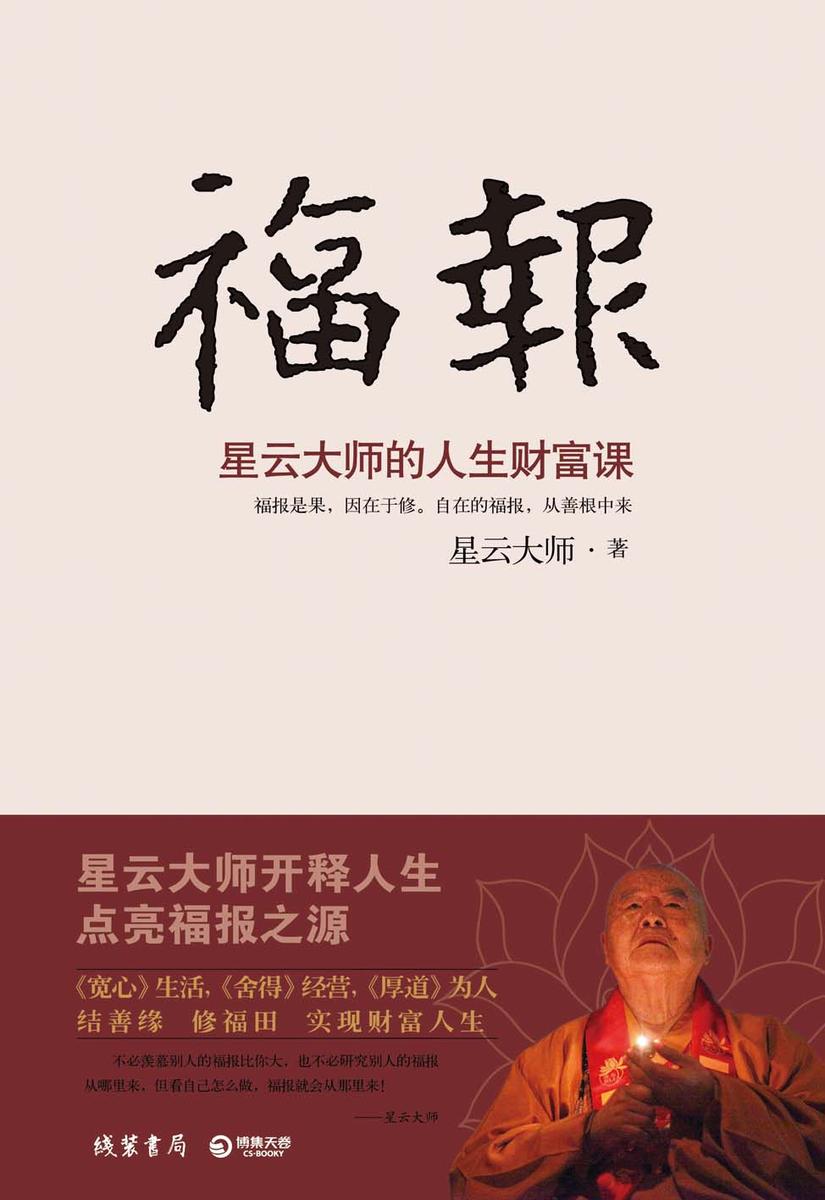
福报:星云大师的人生财富课
¥17.99
这是一本教大家如何修得福报的心灵励志书。在书中,星云大师通过一个个富有哲理的小故事,告诉大家应该怎样通过结善缘,修福田来实现财富人生。在星云大师看来,财富并不只限于金钱,还包括好的人缘、生活的智慧、勤劳、慈悲等,大师结合自己多年的人生经历,启发大家,怎样才会与福报、财富结缘,让自己的人生圆满、富足。

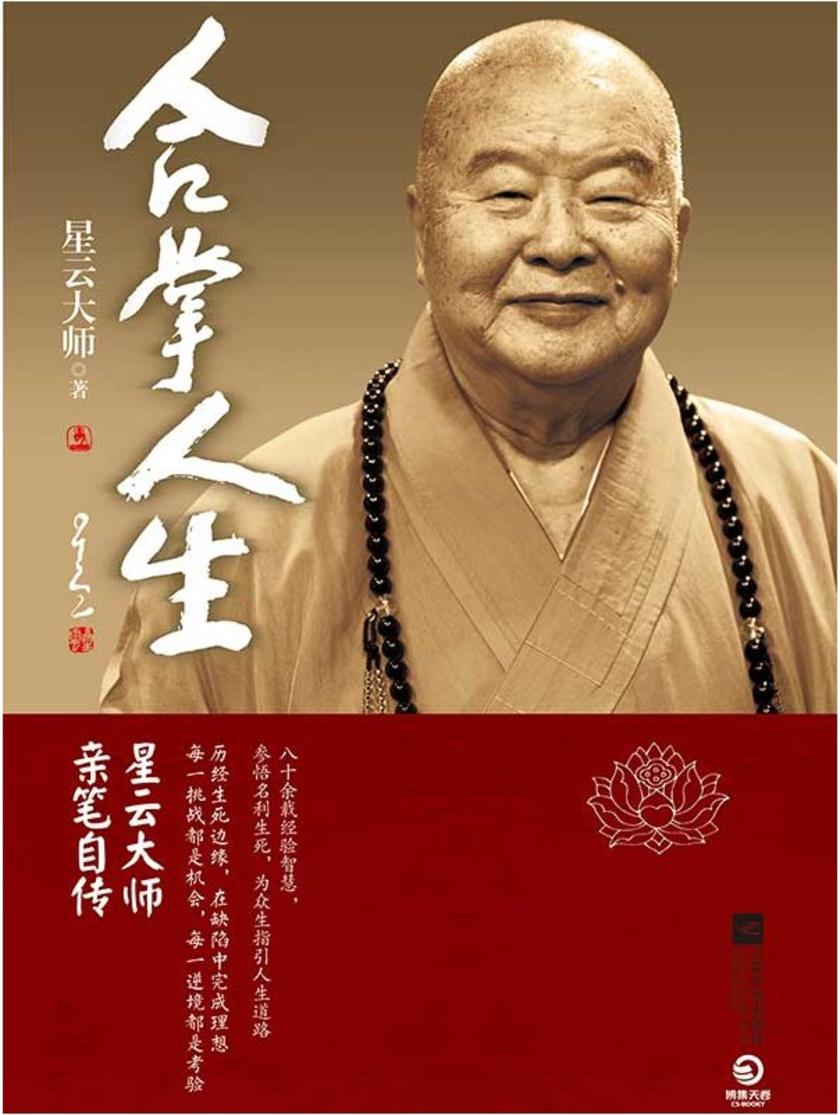
合掌人生
¥17.99
星云大师把人生比作一条“路”,他说人生的前途要有路,才能有所发展;如果前途没有路,应该就表示人生已经走到尽头了。而且人生的路,要靠自己走出来,自己走不出自己的路,总是没有把人生活得淋漓尽致,因此每个人都要重视自己的“生涯规划”。 本书将引领读者星云大师人生的各个队段,战乱逃难、亲人离散、生死边缘、出家苦行、初到台湾、弘法全球。百般心路历程,展现的是大师积极的人生观,以及解决种种困难的智慧。如果一个人能够从走路中体会佛法,然后在佛法的指引下,走出平安健康、走出自在解脱的人生,才是个有智慧的人,也才称得上是真正会“走路”的人。 大师的这本人生传记正在告诉我们如何做一个会走路的人。

孟子与公孙丑
¥18.00
《孟子》是中国传统文化中重要的儒家典籍,也是研究孟子生平事迹及其学说*重要的资料。孟子生于战国时代,他继承了孔子的精神,始终为人伦正义、为道德政治奔走呼号。所以在《孟子》书中所记述的,不仅是为政的原理准则,更是人人身心道德修养的基本。 本书是南怀瑾先生关于《孟子》的讲记。《公孙丑》篇属于《孟子》的第二篇,分为上下两部分,记载了孟子与弟子公孙丑之间的谈话,大部分内容发生在齐湣王当政时期。《孟子·公孙丑》篇记录了孟子的政治观、治国思想以及政治活动,涉及孔子、周公等众多历史人物以及当时各种纷繁复杂的历史事件,并论及中国文化的诸多问题。

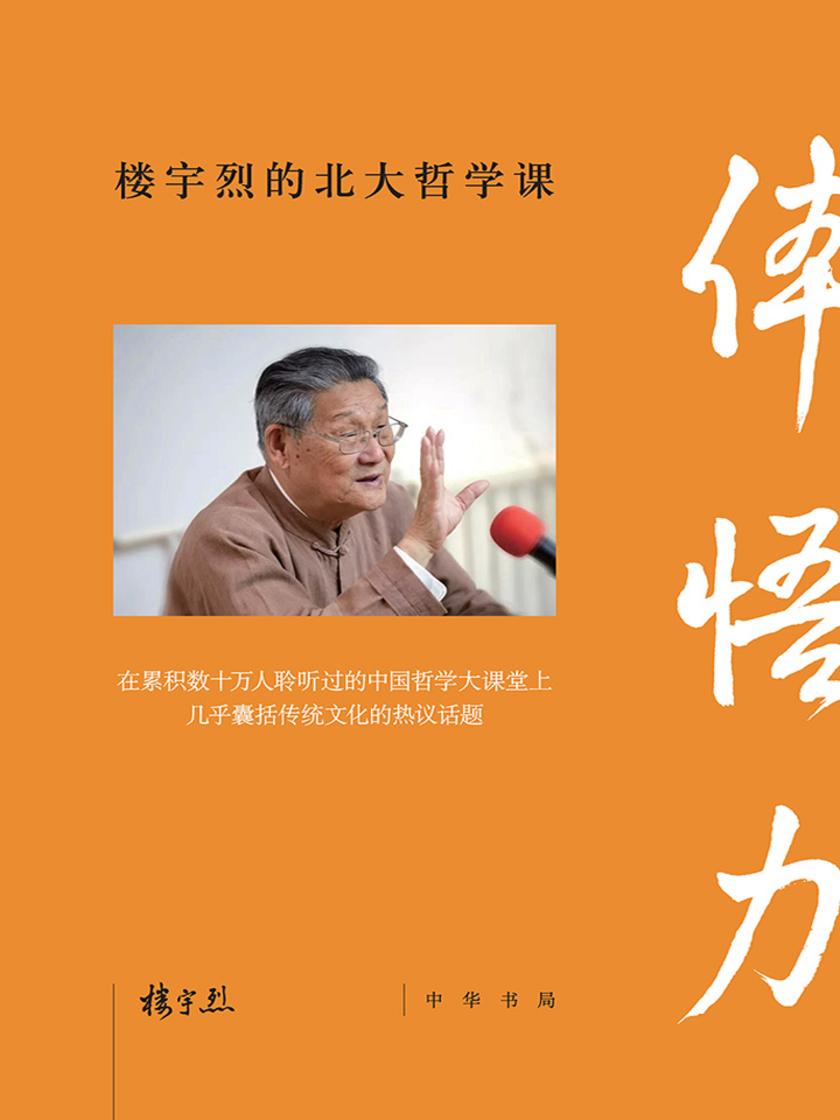
体悟力:楼宇烈的北大哲学课 中华书局出品
¥18.00
本书是楼宇烈教授六十余年思想精华,来自北大火爆的中国哲学大课堂等。楼宇烈教授的中国哲学课,得到了北大学生以及广大传统文化爱好者的广泛认可。 “哲学”给人的印象是艰深难懂的,但是经过楼宇烈教授深浅出、幽默风趣的讲解、阐释,中国哲学的核心理念,变得生动易懂。楼宇烈教授通过醍醐灌顶式的深分析,培养大众的哲学思维方式,构筑中国哲学的宽广知识体系。本书是大众学习中国哲学的佳作。

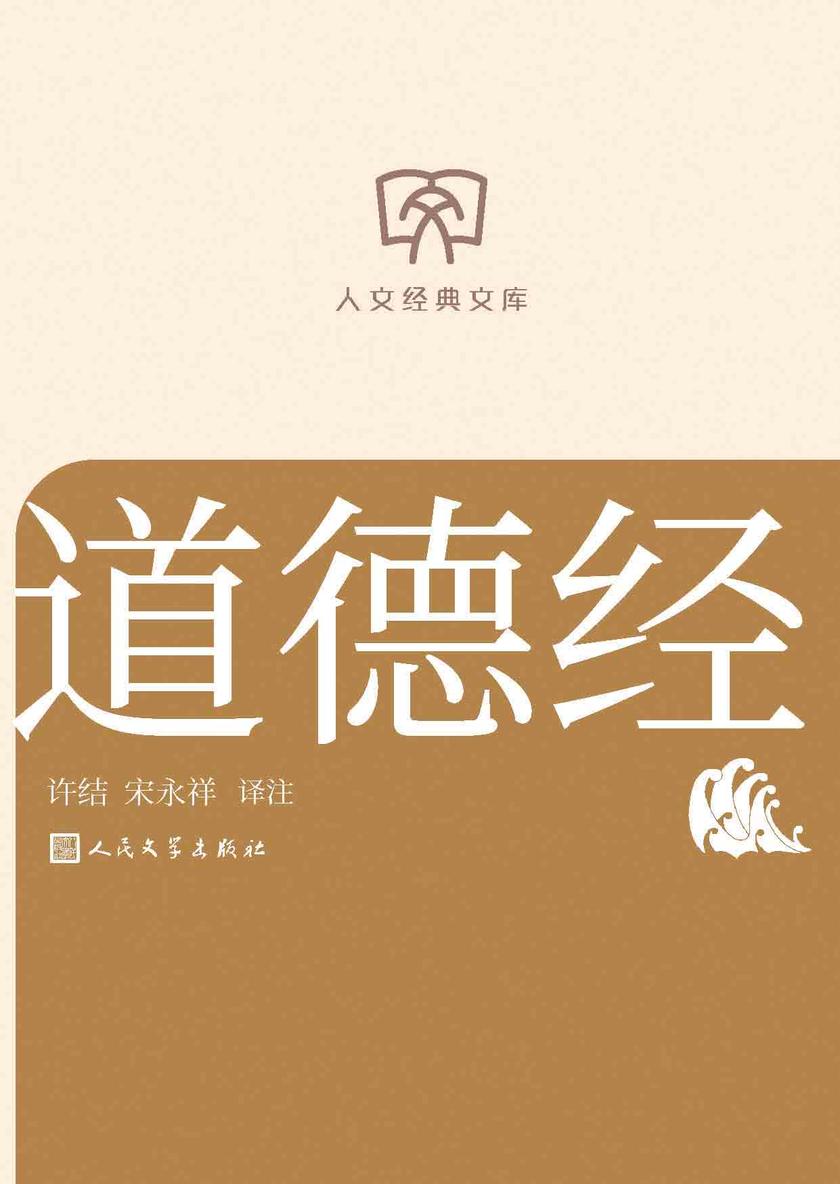
道德经
¥18.00
《道德经》又名《老子》,是先秦伟大思想家老子的著作,也是道家学派的经典文献,是中国传统文化重要的思想源泉之一。本书以《老子》王弼注本为底本,参照众家加以考订、注释、白话翻译,并设置“文化史拓展”、“问题分析”等栏目,对于老子的道家思想进行深入浅出的论析,对其与中国传统文化的关系做了精到的论述,是一部适合大众了解、研习《老子》的优质读本。

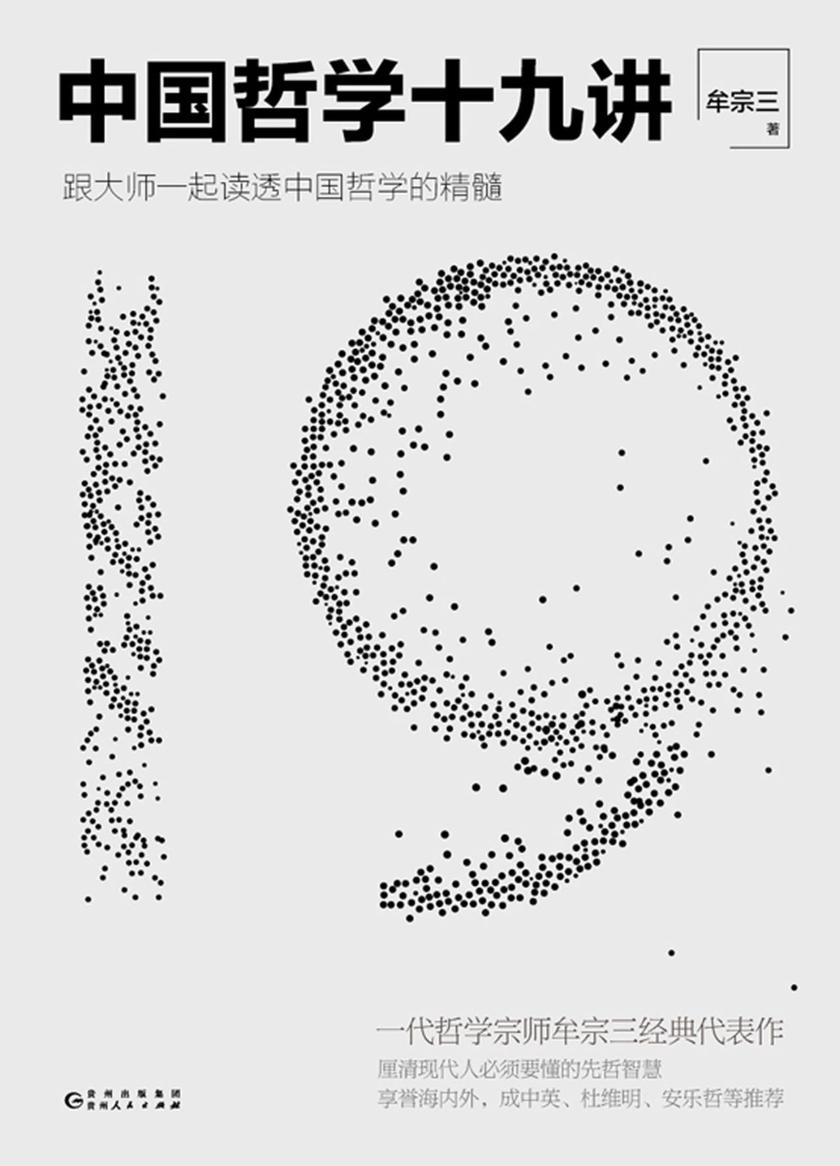
中国哲学十九讲
¥18.00
牟宗三,中国现代学者、哲学家、哲学史家,海外新儒学的重要代表和集大成者。哲学大家刘述先曾说,牟宗三在当代中国哲学的地位比之于康德在西方哲学的地位。 《中国哲学十九讲》为牟宗三的代表作之一,全书分为十九讲,大体按照时间顺序,论述中国哲学的特殊性问题、先秦诸子的起源及系统、魏晋玄理的内容及价值、佛教的哲学问题、宋明儒学等。书中所讲,关系到中国哲学的系统格局与义理综述。书中厘清的问题,对中国哲学的发展具有重大的启发性。

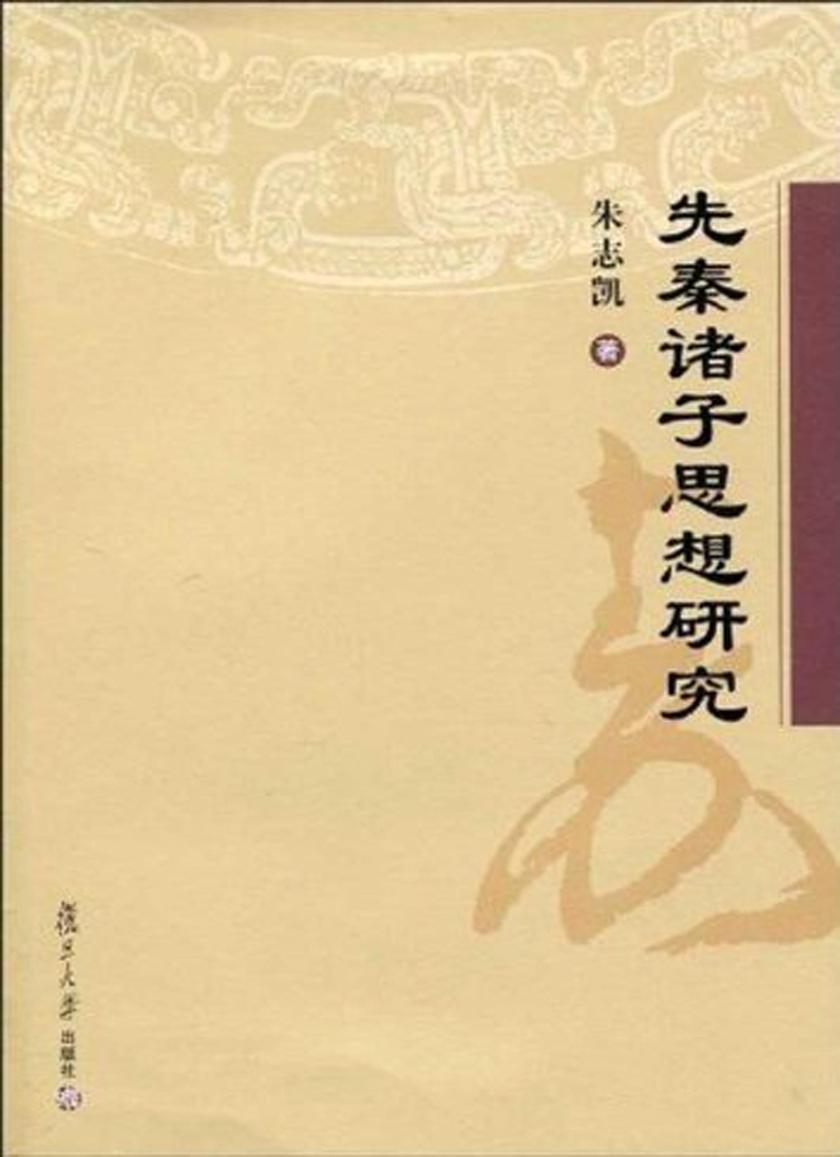
先秦诸子思想研究
¥18.00
《先秦诸子思想研究》汇聚了二十九篇论文,二十三篇是已发表过的,六篇为新作。一生中的粗文可能会扩张读者视野,如《论孔子逻辑思想在先秦逻辑史上的地位》等。自一九五六年我由中国人民大学哲学研究班毕业分配到复旦大学哲学系任教授,至本书出版,历经五十三年的学术研究,共有《逻辑与方法》、《新编逻辑教程》、《墨经中的逻辑学说》等八部拙作问世,以及五十余篇在全国报章杂志发表的浅文。


知道点中国哲学【文化学者余秋雨作序推荐!百家争鸣是怎样的一种盛况?谁是中国位无神论者?哥哥“英雄”弟“好汉”是指哪两个兄弟呢?】
¥18.00
百家争鸣是怎样的一种盛况?谁是中国位无神论者?哥哥“英雄”弟“好汉”是指哪两个兄弟呢?……我们都该知道。

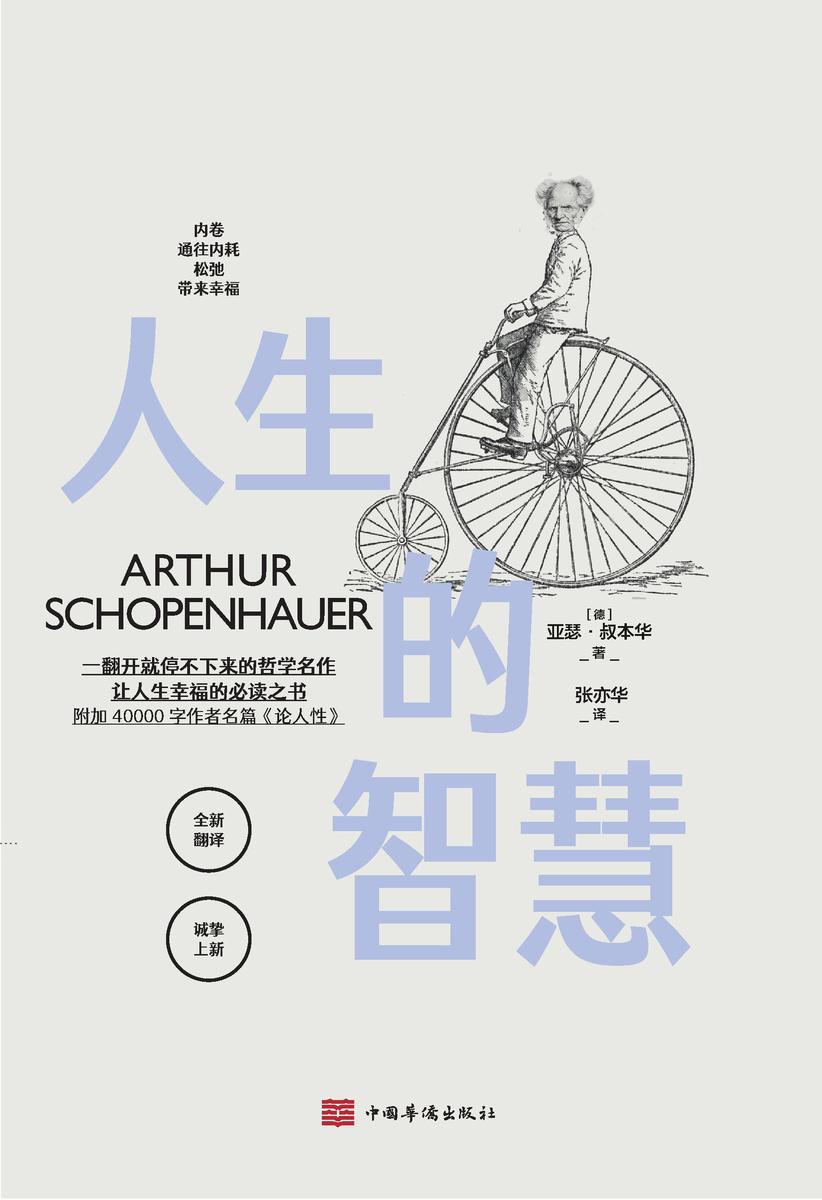
人生的智慧【比鸡汤还要好读的叔本华入门名作。】
¥18.00
一个年轻人,如果过早知道了世界的套路,并使自己适应俗世的追求……这预示着庸俗的天性。 在所有驯服人性的阴谋中,对荣誉感的维持和强调总是非常重要。但对人的幸福来说就完全不同了,而这才是我们的目标。 一个人只有在闲暇的时候才能真正拥有自己,只有内心富足的人,才是真正快乐的人。 《人生的智慧》以箴言的形式解答了人生的困惑,回答了“人是什么”,并基于此给出了让人生获得幸福的原则,被称为“通往幸福的哲学”。本书在常规的内容基础上,另外附加40000字《论人性》,能让读者对叔本华的人生智慧有更丰富的认识。

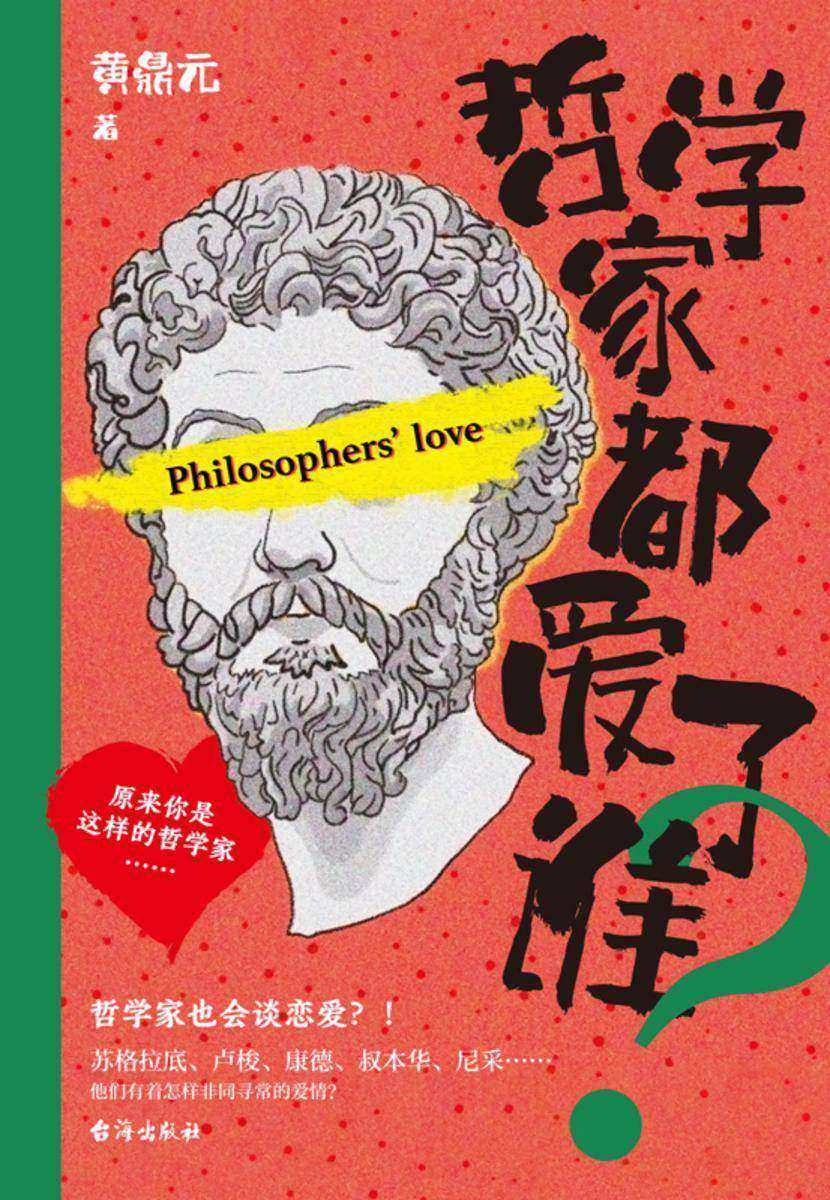
哲学家都爱了谁?
¥18.00
恋爱就是找寻自己“另一半”的过程? 先同居享受婚姻之实却无婚姻之名是否罪大恶极? 这世上竟有因为爱他才不嫁给他的“奇葩”? 康德为何会终身未娶? 多情的卢梭有着怎样的感情经历? 苏格拉底有着怎样的爱情观? 柏拉图式的恋爱到底是怎么回事? 哲学家们的哲学理论跟他们的爱情有怎样的关联? …… 如何爱,哲学家有答案


知识密码
¥18.00
部分是形而上学的视角,梳理知识的本质和缘起,介绍帕拉图的"知识就是回忆”、康德形而上学的理论。 第二部分是逻辑学的视角,逻辑是知识的骨骼,知识就是用逻辑工具去统摄经验材料。梳理逻辑工具,帮助读者很快理解知识、发现知识、构建知识体系。从亚里士多德的论证开始,沿着形式逻辑、先验逻辑、数理逻辑、辩证逻辑、和纯粹逻辑的脉络,展现知识的结构和骨骼。 第三部分是理性批判主义的视角,从皮浪的"不做任何决定,悬置判断”开始,沿着怀疑主义、哥白尼革命和波普尔科学证伪的脉络,展现知识的不断肯定、否定和否定之否定的辩证发展规律。


知道点世界哲学【文化学者余秋雨作序推荐!是谁提出“人不能两次踏进同一条河流”?为什么斯宾诺莎是被骂名包围的哲学家?】
¥18.00
是谁提出“人不能两次踏同一条河流”?为什么斯宾诺莎是被骂名包围的哲学家? 俄罗斯的飞翔的双头鹰国徽有着怎样的历史渊源?……这些我们都该知道。

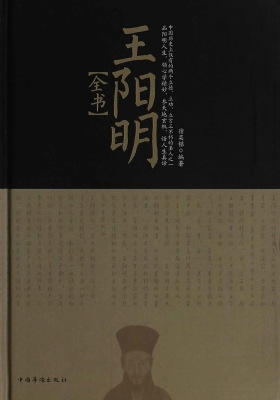
王阳明全书
¥18.14
有史以来受中外伟人推崇的心学大师。王阳明是中国历史上罕见的在立德、立功、立言三方面都有显著作为的大家。作为思想家,他开创了儒学新天地,成为一代“心学”宗师;作为军事家、政治家,他立下了不世之功,彪炳史册。他在立德、立功、立言上皆居绝顶,成就“真三不朽”,实现了古今圣贤的人格理想。其独具一格的心学思想流传至今,响彻中外,在中国、朝鲜半岛以及东南亚国家乃至全球都有重要而深远的影响。 浮躁现实中,修炼强大内心的秘密武器。王阳明的心学思想融合了儒、释、道三家之精髓,旨在呼唤人的本体意识,着重强调个体本身的价值和自我人性的修养。它高扬主体意识,强调内心的力量,追求透明本心、胸中洒脱,对改善现代人的精神状态有着积极的作用,是现代人修养身心的*指导思想;同时,它对现代人个性的发展、思想的自由解放、事业的开拓进取也都有着有益的启示。由此,美国哈佛大学教授杜维明断言:“二十一世纪是王阳明的世纪。”

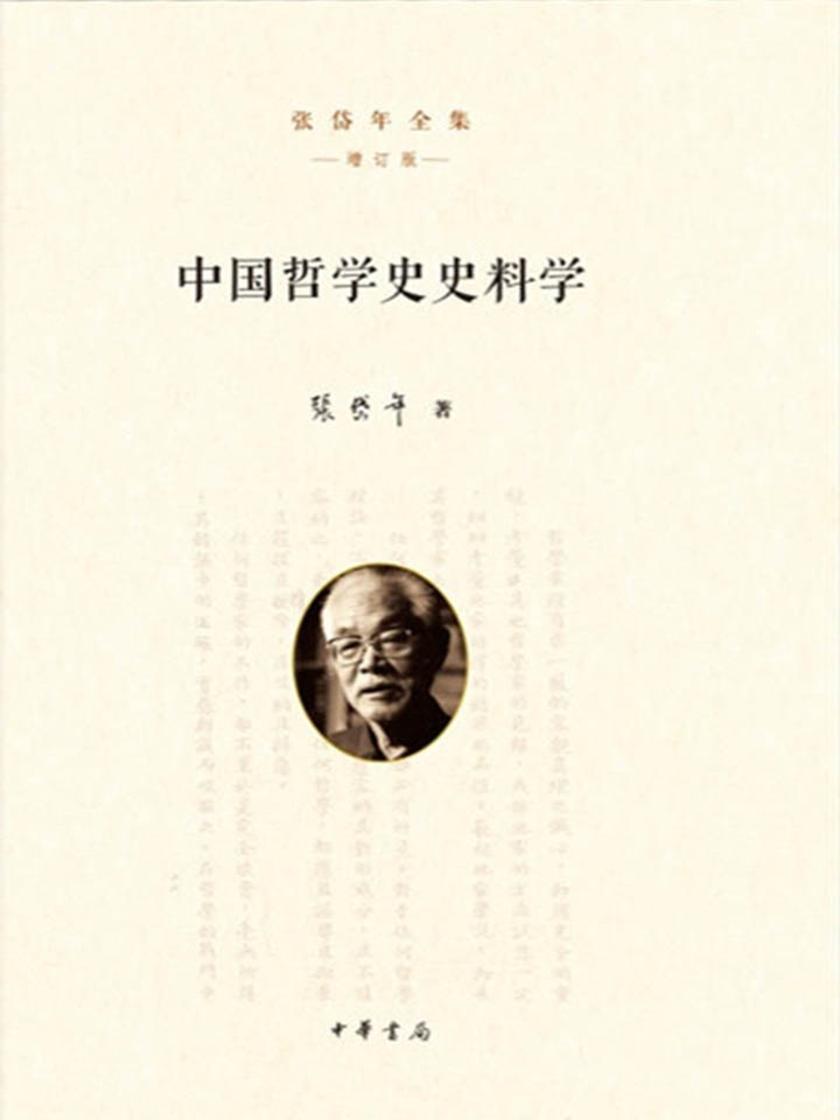
中国哲学史史料学(精)--张岱年全集(增订版) 中华书局出品
¥18.20
《中国哲学史史料学》是著名的哲学家张岱年先生的著作。张先生曾任清华大学哲学系教授、北京大学哲学系教授,他也曾为北大哲学系研究生设中国哲学史史料学课程,本书是他整理课程讲义的成果。 观与材料的统一,是哲学史研究的基本要求;掌握信实的材料,是达到这一要求的前提。张先生说,本书的任务,就是对中国哲学史的材料行考订、鉴别,确定其历史年代与史料价值。 本书列举了从先秦到近代的重要的中国哲学史料,简要地介绍了每一种史料的重要观和学术价值,清晰地考证了其成书年代,并引用史学家的观,吸纳了出土简帛文献及现当代学者的研究成果,来帮助读者更好地理解史料内容,十分具有引导性。本书考证有理有据,语言简洁干练,引文准确精审,是学习和研究中国哲学的经典门书。 此次出版,是以河北人民大学出版社1996年版的《张岱年全集》(第四卷)页269-445为底本,以三联书店1982年版《中国哲学史史料学》为校本行修订的。《附录》所列若干重要文献目录,具有极高的文献价值,因底本无而校本有,便附于此版正文之后。

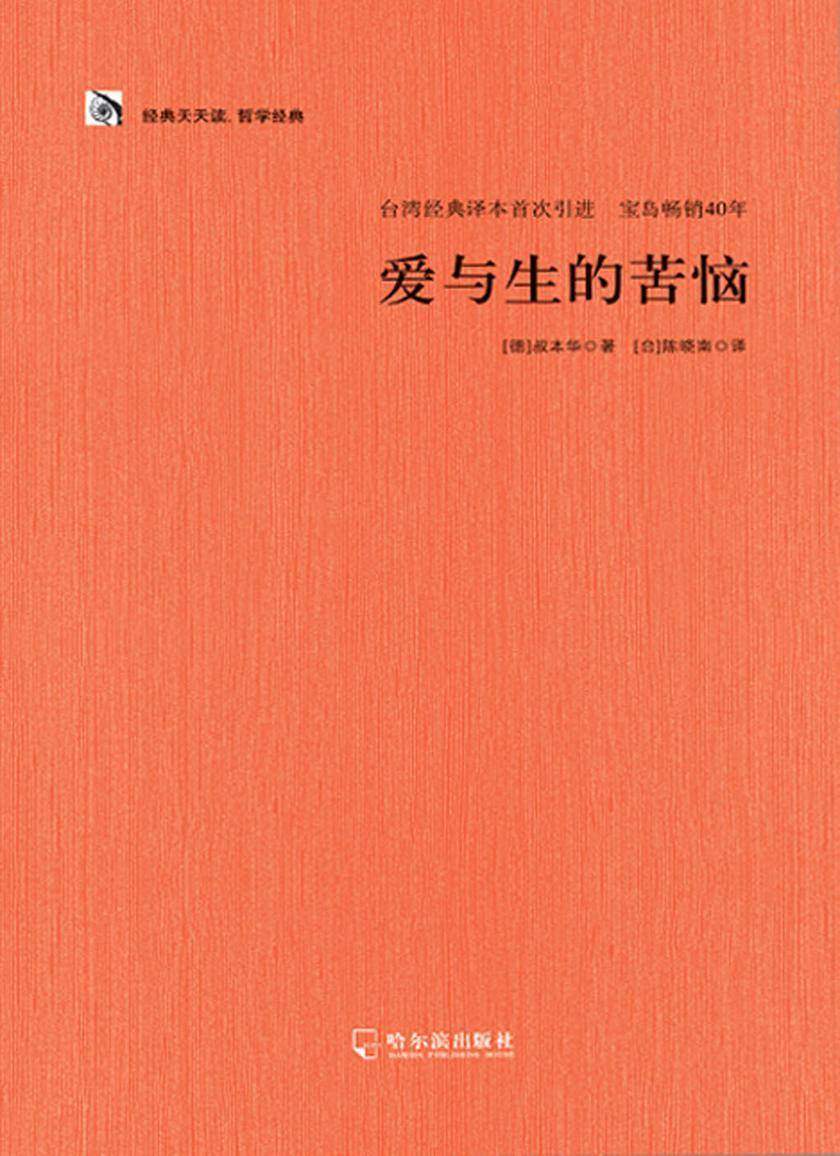
爱与生的苦恼
¥18.32
1788年2月22日,叔本华诞生于格但斯克。他的先祖原是荷兰人,到他的曾祖父时才移居此地。他们一家,世代经商,素来就是地方上的富绅,俄皇彼得大帝游幸格但斯克时,就以他们家为招待所。到他的祖父时,又挣得许多产业,财势更加浩大。他的父亲海因里希长袖善舞,具有商业头脑,并以暴躁的脾气、独立的个性,及对自由的热爱而知名于时。

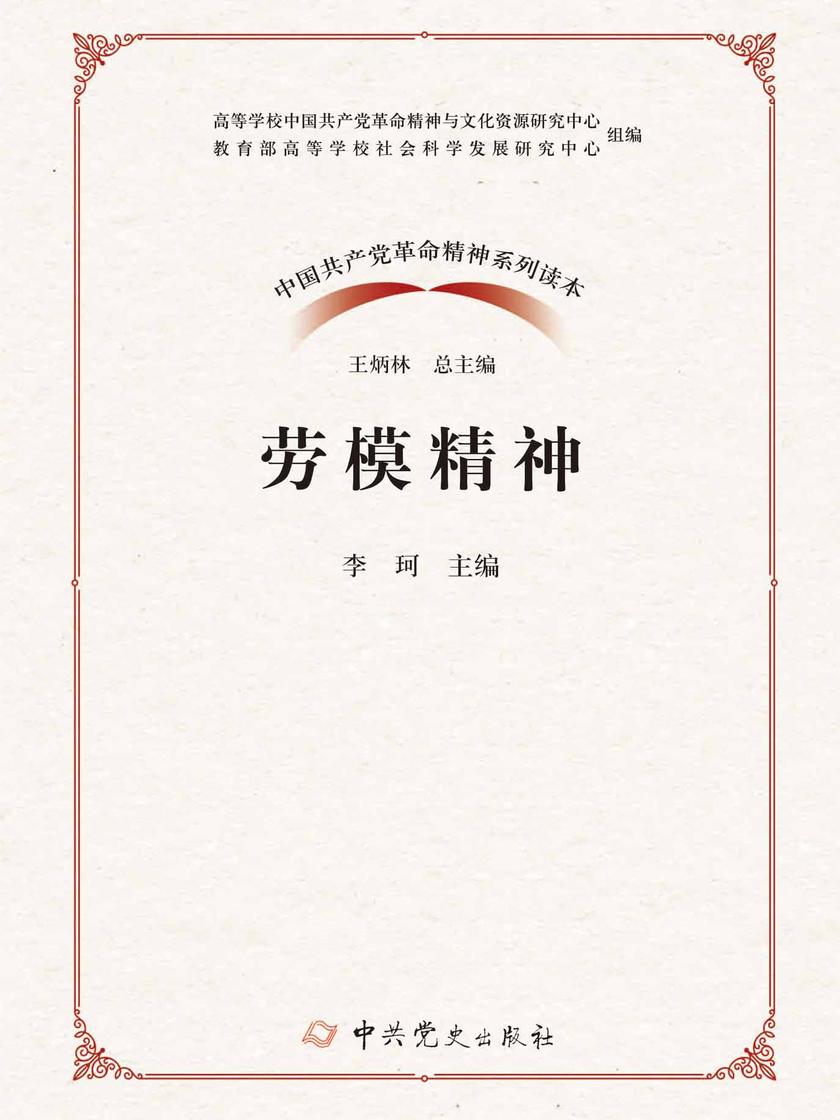
劳 模 精 神
¥18.40
劳模精神,是指爱岗敬业、争创一流,艰苦奋斗、勇于创新,淡泊名利、甘于奉献的劳动模范精神。它是由一代又一代各条战线的劳动模范在中国共产党的团结和带领下,在中国革命、建设、改革的伟大实践中锤炼形成的。 本书从历史、理论、现实相结合的视界,通过劳动模范的典型事例,描绘了在中国人民从站起来、富起来到强起来的历史性飞跃中,劳动模范始终站在时代前列的丰富实践,展现了劳动模范作为工人阶级的优秀代表,在平凡的岗位上创造了不平凡业绩的生动场景,阐述了劳模精神的孕育形成和丰富发展,并结合现实论述了劳模精神的历史地位和当代价值。


工匠精神
¥18.40
自中国共产党成立以来,在革命、建设、改革过程中,各行各业涌现出了一批又一批为国家富强、民族复兴和人民幸福而矢志奋斗的技能人才。在他们身上体现出来的精神,已经发展成为一种具有社会主义性质的工匠精神。工匠精神主要是指爱国敬业、心无旁骛的精神,一丝不苟、精益求精的精神,道技合一、传承创新的精神。工匠精神是中国共产党革命精神的重要组成部分,是革命精神的时代发展和延伸。 《工匠精神/中国共产党革命精神系列读本》坚持史论结合,通过讲述不同时期、不同领域的工匠模范的感人事迹,以挖掘其背后所蕴含的宝贵工匠精神。在阐述工匠精神形成发展和基本内涵的基础上揭示其在中国精神、革命文化和社会主义建设中所占据的重要历史地位,以更好地发挥工匠精神在实现中华民族伟大复兴过程中的价值和作用。

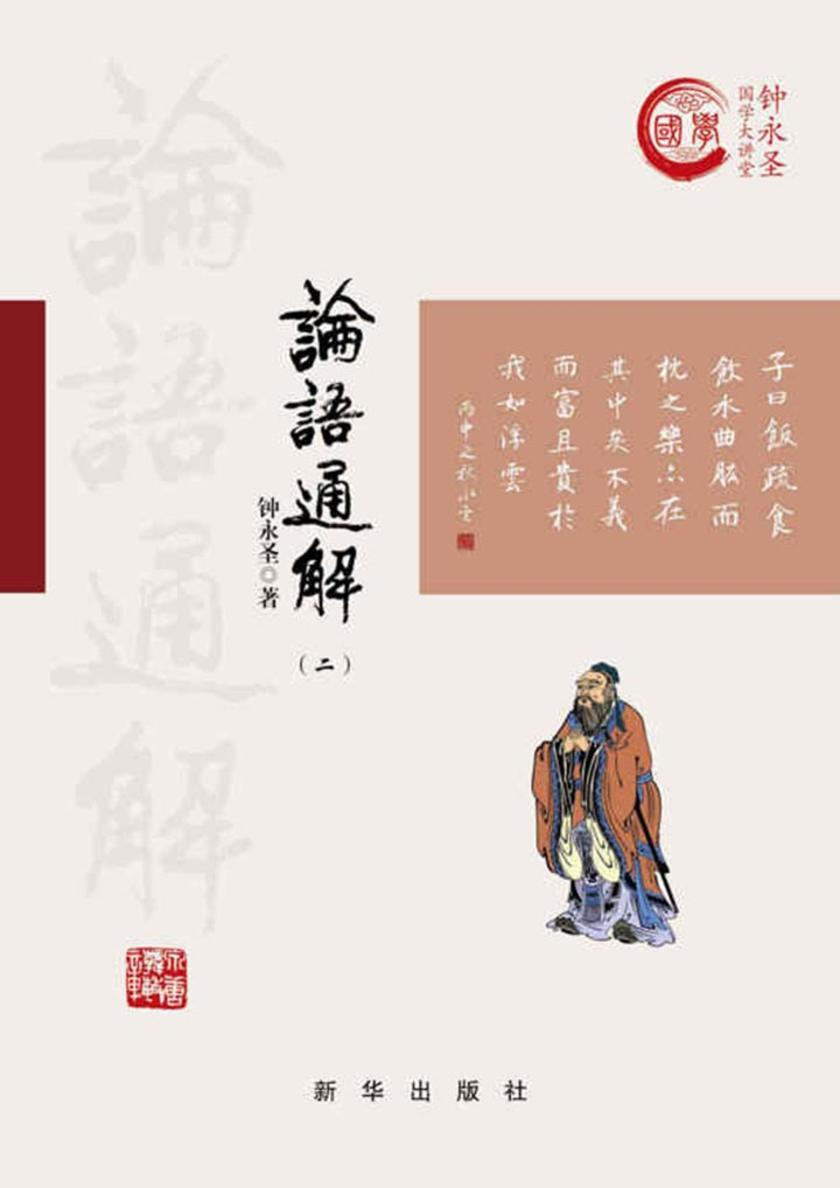
论语通解.二:精装
¥18.51
本书是已经出版的《论语通解(一)》一书的姊妹篇,续集,内容包括作者第十三讲至二十四将的内容。本书作者以亲和力的语言和轻松的讲座方式呈现给读者。作者通过自己对《论语》经典著作的深刻地理解和切身地体悟,结合当前读者工作生活中的困惑,进行了通俗地讲解和阐释。




 购物车
购物车 个人中心
个人中心



